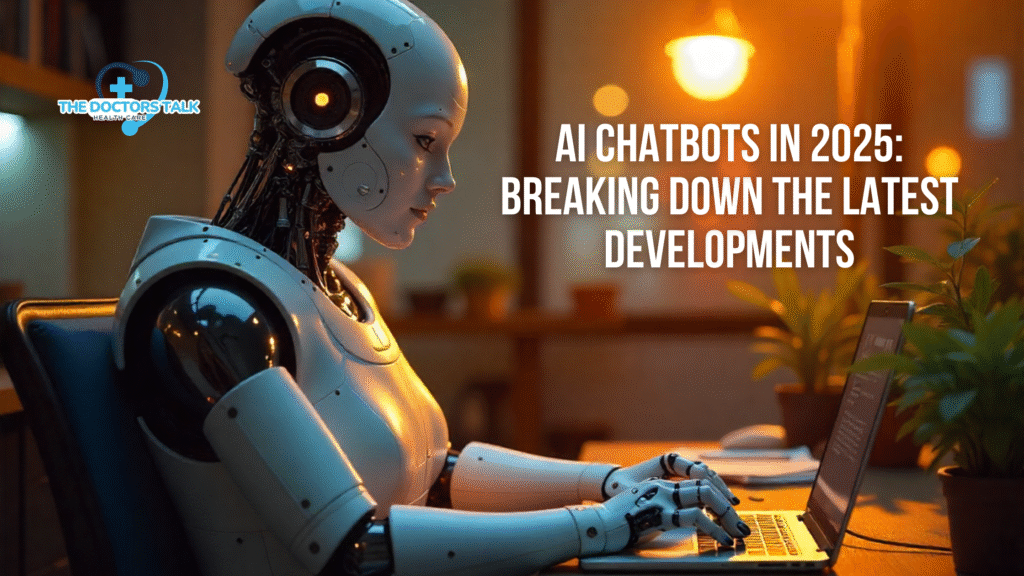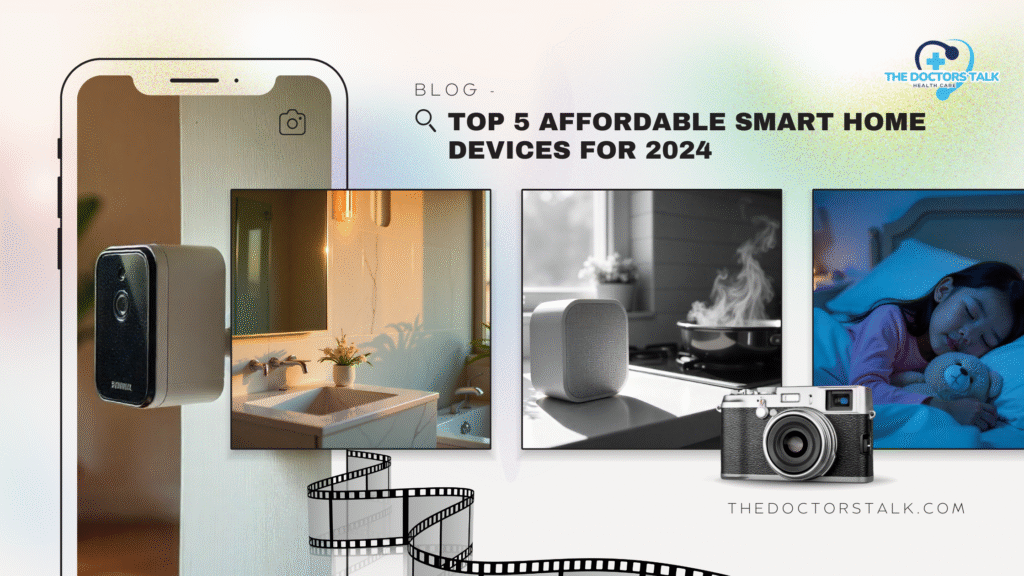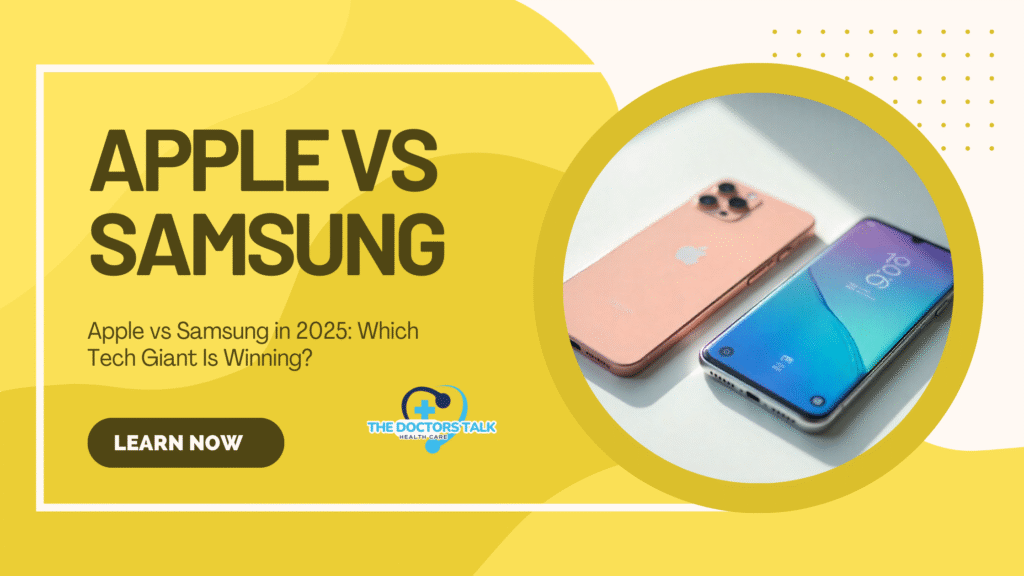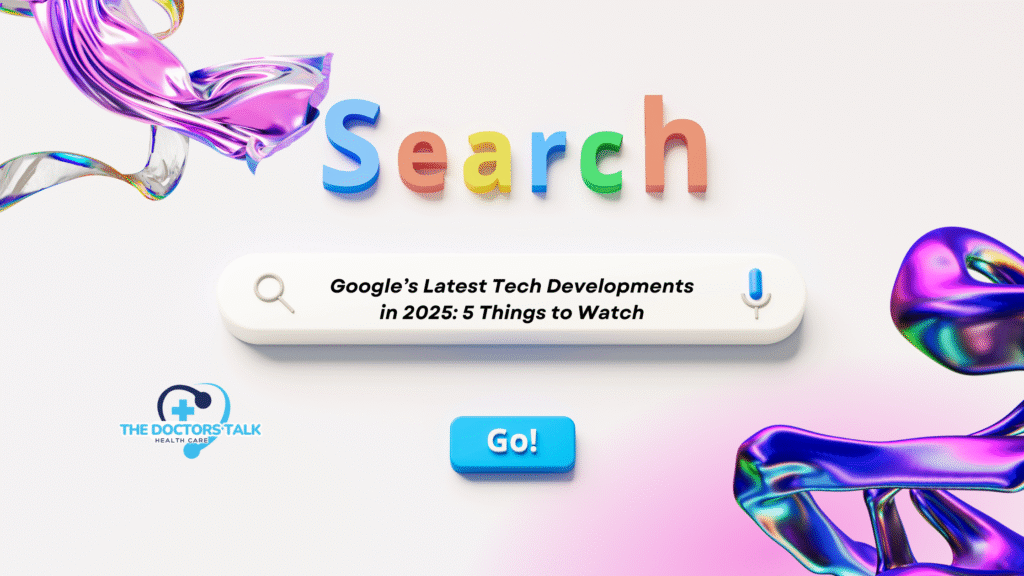Table of Contents
Introduction:
In just a few years, AI chatbots have made tremendous progress. What began as merely some question and answer systems has now become some very capable, interactive, and even perceptive tools that are able to discern context, tone, and even you. The AI chatbots in 2025 have enhanced capabilities and altered the course of communication, work, online shopping, and seeking online assistance.
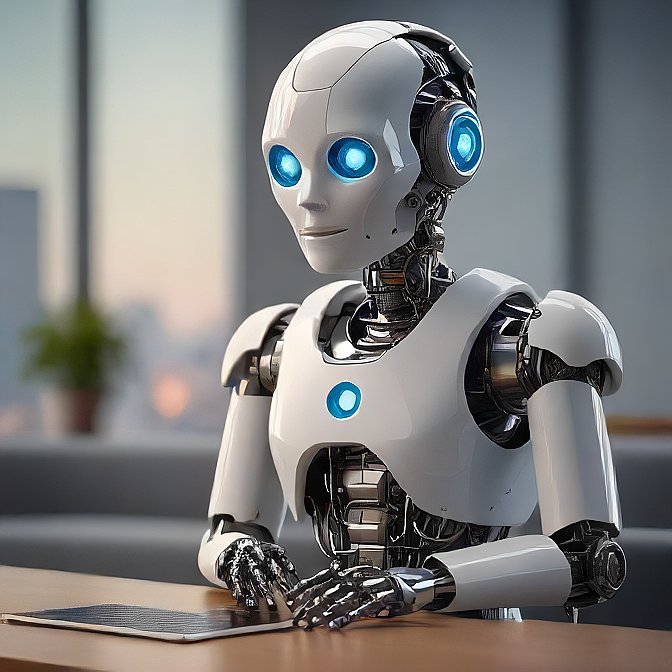
Due to the current pace of development of natural language processing, machine learning, and multimodal technologies, AI chatbots today are capable of having full-fledged conversations, solving pretty hard problems, and helping to accomplish something on different platforms. Be it the assistance of a customer in an online shop, a patient in a healthcare facility, or a laptop-sized personal helper, the contemporary AI chatbot is not a toy anymore available conversationally anywhere and anytime.
This blog will cover the recent trends in AI chatbots in 2025 and their implications for the users, the business, and developers. Whether it is smarter responses and industry-specific solutions, ethical values, or real-life applications, we will solve it all in an easy and practical manner.
1. Smarter Conversations – How AI Chatbots Understand You Better
By 2025, the AI chatbots will be able to discern not only what you say-but what you mean. With modern natural language processing (NLP), chatbots are capable of reading emotional tone and reading between the lines when it comes to a direct conversation with you. In the case of being angry, bewildered, or cheerful, the bot communicates in a more reasonable and humane manner.
Context memory has even become enhanced. It is now possible to have chatbots that remember what you said before and use it in the future, as it does not feel like using a chatbot since we are used to talking to each other and not to an artificial intelligence response. The changing example of such popular tools as ChatGPT, Google Bard, or Claude is also great.
2. Industry-Specific AI Chatbots – Tailored Help, Everywhere You Go
Currently, there are no universal AI chatbots. Chatbots have been implemented in the year 2025 by companies based on their industries, such as the healthcare, finance, retail, and education industries. These bots are also trained with information that is related to the industry so that they can answer questions more precisely and assist the user better.
In particular, a healthcare AI chatbot would assist in booking appointments, detailing symptoms, or advising patients to take pills. In the banking sector, it may be used to help users access their balances, report fraud, or access loan details. Such personalization enhances user experience, has higher service speeds, and decreases the amount of work done by the employees.
3. Multimodal Chatbots – Text, Voice, Images, and Beyond
It is not only typing that is available with chatbots anymore. The most recent AI chatbot programs have learned how to recognize voice, pictures, and even videos. With such a multimodal interface, the user is able to communicate with a chatbot in a similar way he would with a human being, i.e., in an input pattern that can be different.
As an example, it is possible to say something rather than type the question; one may send a picture and request information. This is particularly applicable in customer support, virtual assistants, and education aids. It is a significant accomplishment towards increasing the flexibility of AI bots, their accessibility, and realism.
4. Privacy and Ethics – How Safe Are AI Chatbots in 2025?
Privacy and ethical issues become even more significant as AI chatbots get more powerful. By 2025, chatbots will be developed and utilized in light of good data protection laws. Increasing awareness of data gathering, storing, and application is being highlighted by users.
Technology employers are striving to minimize the biases in the responses of the chatbots and build more transparency in the systems. A lot of bots these days inform you that you are dealing with a bot and what information is being used. As a user, one needs to be aware of such changes and to know how to preserve their privacy using an AI chatbot.
Check Out: Electric Cars in 2024: 7 High-Tech Models You Should Know.
5. Business Chatbots – Driving Sales and Engagement Like Never Before
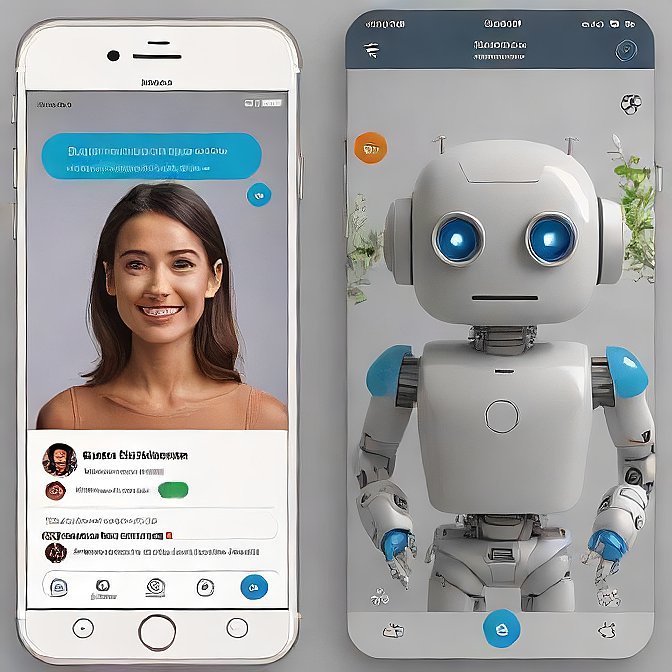
The companies resort to the AI chatbots that are seen as a means of guaranteeing the service and sales enhancement, and assisting their teams. In 2025, chatbots will be desired by a lot of brands because they will be able to welcome their new visitors (onboarding) and either provide them information about their products or lead generation, or make a purchase.
Advanced chatbots are able to connect to other tools, such as CRMs or marketing and analytics dashboards. This aids in performance tracking, offers personalization, and in engagement catalysis with businesses. It is faster response time and improved customer satisfaction that have enabled many companies to have a high rate of return on investment (ROI).
6. Open-Source & Custom Chatbots – Build Your Own AI Assistant
Even outside of the big tech companies, one will find AI chatbots. Developers and start-ups will be able to build their own chatbots with technologies like the open-source solutions Rasa, Botpress, and APIs like OpenAI, GPT by 2025.
In these platforms, you get to have control over features, branding, or how the bot speaks to the user. Designing a chatbot has never been at its peak in terms of easy designing and affordability, especially for small business owners to start-ups, or even hobbyists. The open-source community is another community that offers developments that will drive the remainder of the AI chatbot business.
7. The Future of AI Chatbots – Where Are We Heading Next?
The future is an artificial intelligence chatbot, and it will become intelligent and more incorporated into the lives we live. In the next few years, chatbots will appear in smart houses, will conduct events, help with small and large problems, and ask questions, in addition to playing in the metaverse.
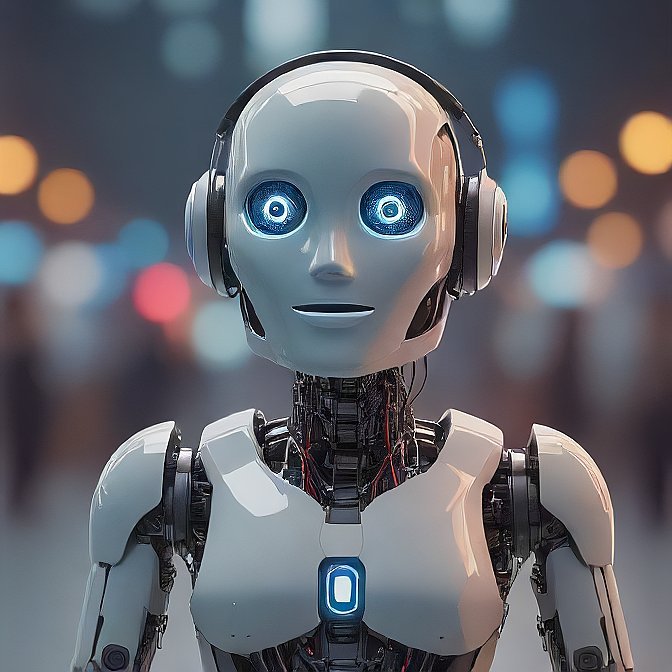
They will be used more prominently in individual productivity, assist you in scheduling work, communication on multiple mediums, and making suggestions in real-time. The AI chatbot will be your new digital companion that will always help, learn, and grow with you, as the boundary between man and machine remains ever more on the verge.
Conclusion:
As we progress through 2025, it is evident that AI chatbots are now much more than automated response-giving tools: they are smart digital assistants that are changing the way we communicate, work, purchase, and educate. The fact that they are able to speak human language, recall previous dialogues, and communicate more emotionally intelligently is a huge jump compared to only a few years back.
AI chatbots are intuitive, more accessible, and humanized than ever, especially when they are personalized and used in such industries as healthcare and finance, as well as multimodal ones, working beyond text. Companies are experiencing the rewards in terms of customer satisfaction, shorter response time, and greater engagement, and the everyday problems of an individual are being simplified and made more effective by getting the help of chatbots.
In the meantime, we are talking more about the privacy and ethical application of AI in data. They are not wrong in wanting the uncompromised clarity, safety, and the right to access equality, and the good news is, they are being heard by the developers and the companies. They are more controlled, and the new AI models are being trained in such a way that the aspects of inclusion, safety, and clarity are taken into account.
Finally, the number of custom-made and open-source AI chatbots has increased, so powerful solutions have become accessible to start-ups, coders, and even amateurs. Perhaps you would like to make an assistant or add more intelligent AI to a commercial app or software company, but the opportunities today have never been greater.
Shortly, AI chatbots have become the necessary digital buddies, more intelligent, reliable, and flexible. And as technology keeps getting better, its presence in our lives will become bigger and bigger. This is the future of conversation, and it happens with the help of AI.
For more info: Click Here.
FAQs
1. Can the Chatbots (AI) be secure to use in 2025?
Absolutely! Most of the AI chatbots are much safer than they were nowadays. They already follow very strict privacy laws, and countless organizations are passing safety examinations and encryption to ensure the safety of the data of their users. However, a person is not to exchange any personal or sensitive information because of the chats unless the site is trustworthy and safe.
2. What artificial intelligence chatbot is, and what is its working principle?
An artificial intelligence chatbot refers to an intelligent computer program that can hold conversations with individuals in writing or verbally. It is also the strength of artificial intelligence (AI) to read questions and provide beneficial answers. AI chatbots are gaining a new dimension today before as they may have exchanged some messages, they can remember what they have already exchanged. And as times change, they can learn your tone or your way of communicating with them, and they can also learn and thus become smarter as time goes by.
3. Can AI chatbots be utilised in business?
Absolutely. The way AI chatbots help the business is that they also respond to customer questions quicker, are able to sustain multiple chats at once, and do not need to have breaks or rest, even when an organization is working both during the day and night hours. This leads to improved customer support, lower costs, and making more sales- especially when bots are connected to other apps like CRMs or websites.

